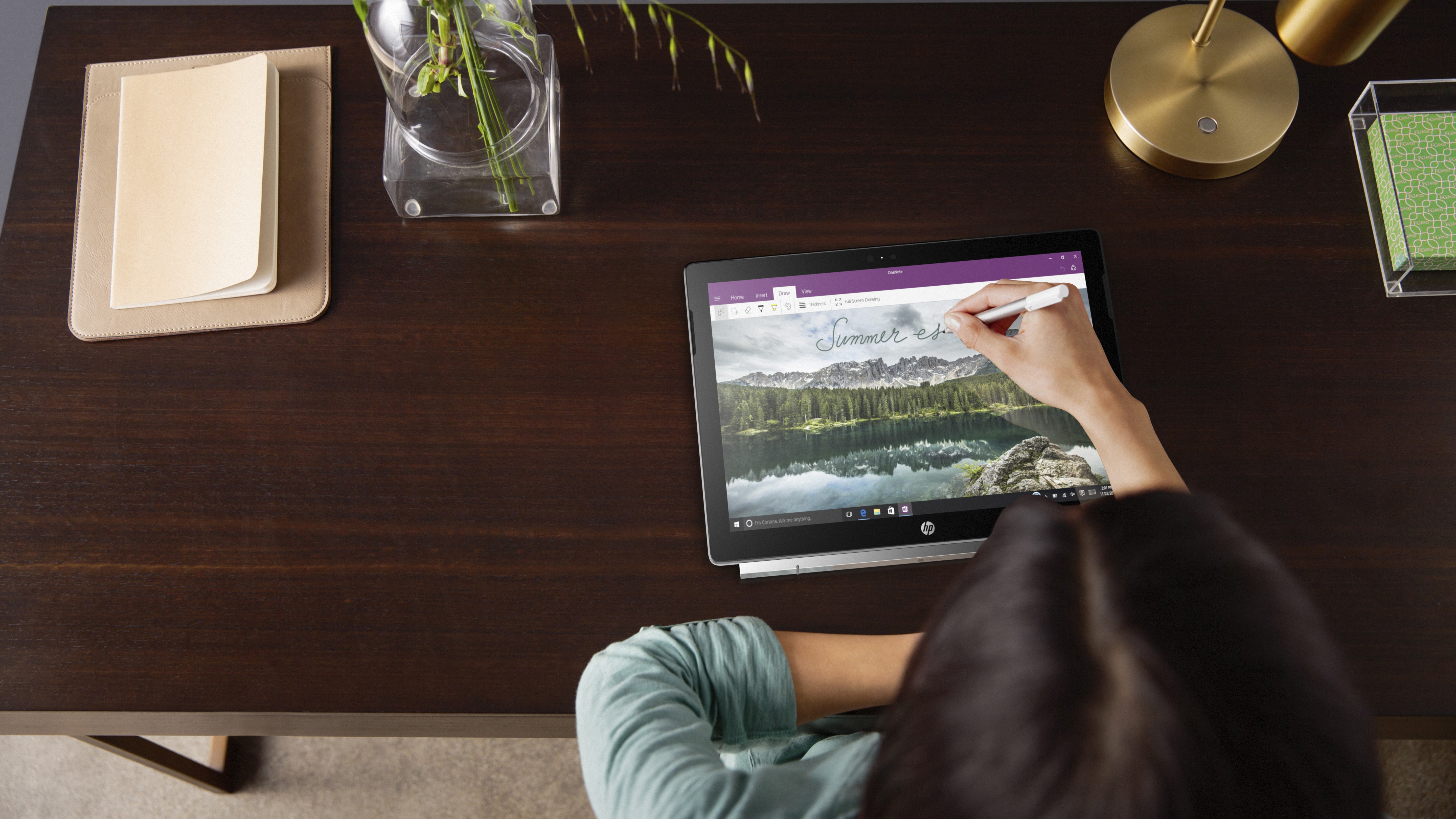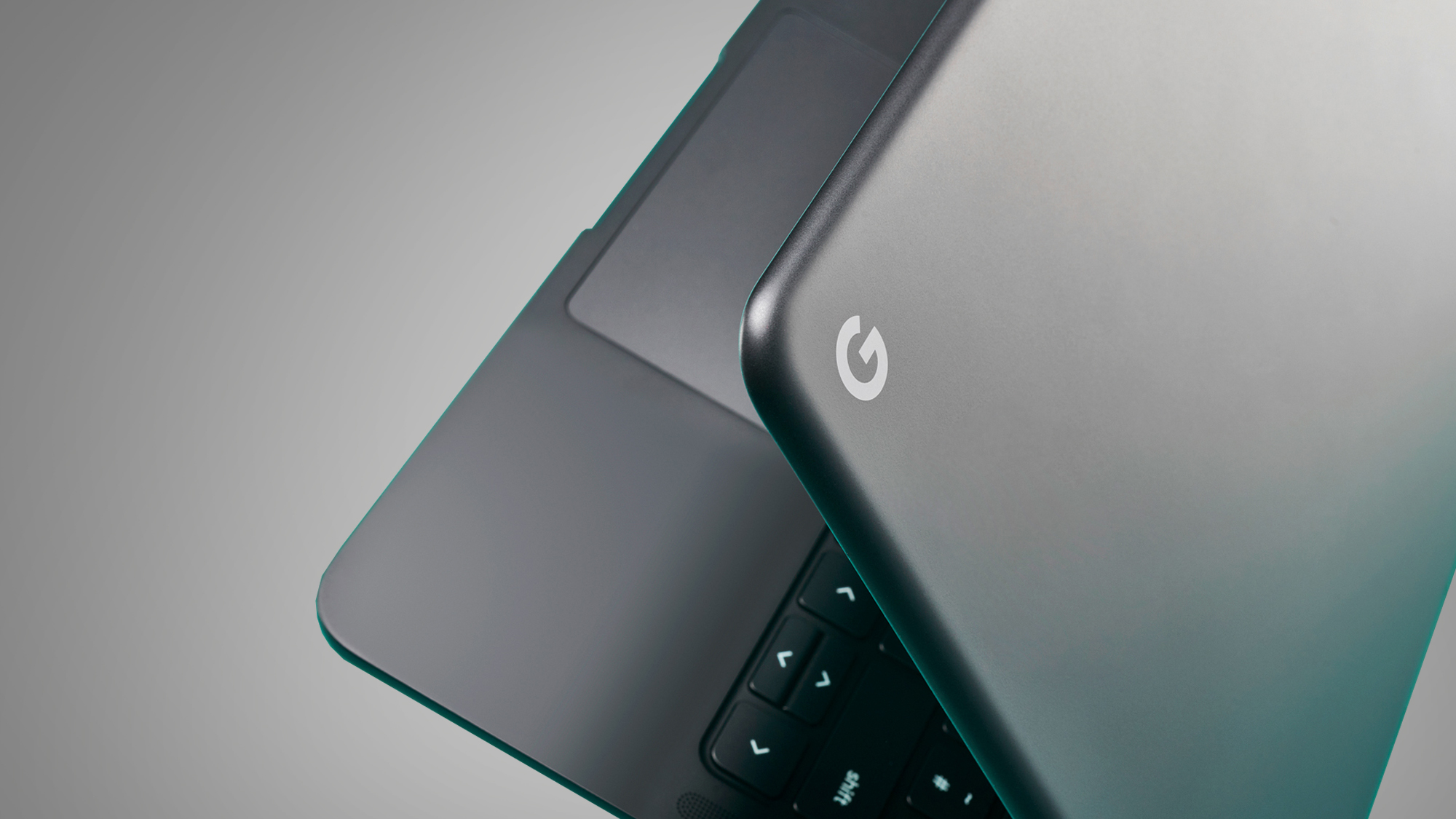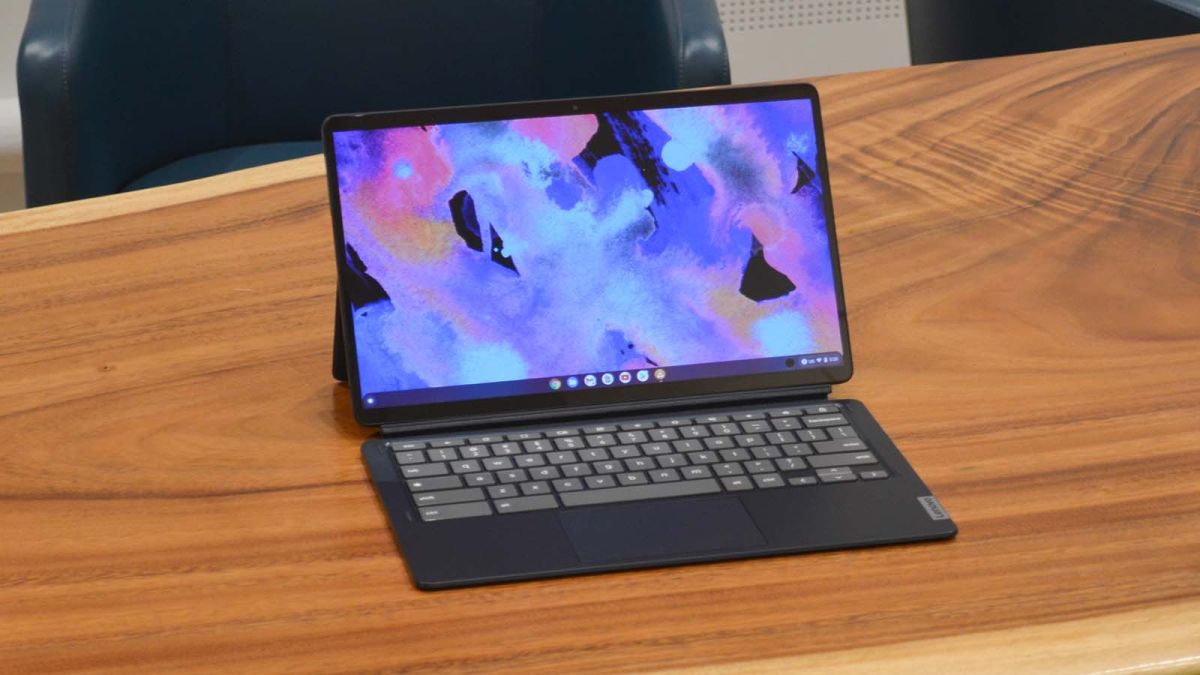Three Chromebook shopping tips for Prime Day
Make the most of Prime Day Chromebook deals with these tips

Chromebooks have gained immense popularity in the last decade due to their affordability, simplicity, and seamless integration with Google's suite of applications, so it’s no surprise that these devices are also some of the best bargains around.
With Amazon Prime Day Chromebook deals running from July 11-12, there are going to be a lot of interested buyers who might finally be willing to give Chromebooks a try, and getting an already affordable laptop for even less makes this a great time to buy.
These lightweight laptops are perfect for students, professionals, and anyone seeking a reliable and efficient computer. However, with a wide range of options available in the market, it's important to make the right decision when purchasing a Chromebook.
To help you navigate through the choices, here are three essential shopping tips to consider before making your purchase with any Prime Day deals.
Determine Your Needs and Budget

Before you go shopping for your next Chromebook, it's essential to define your requirements and establish a budget.
Chromebooks come in various sizes, configurations, and price ranges, and it’s no longer a given that a Chromebook is going to be the cheapest laptop you’re going to find. The best Chromebooks cater to several different user needs, including new professional and enterprise-grade devices, so you’ll need to plan accordingly.
Begin by assessing your intended use for the device. Are you a student looking for a portable companion for note-taking and online research? Or are you a professional who needs the best laptop for basic productivity tasks such as word processing, spreadsheet management, and video conferencing? What you need will go a long way to determining how much you'll need to spend.
Sign up for breaking news, reviews, opinion, top tech deals, and more.
Once you've determined your needs, establish a budget range that aligns with your requirements. Chromebooks generally fall within the mid-range to budget-friendly price spectrum, but higher-end models with premium features are also available. By identifying your needs and budget, you can narrow down your choices and focus on finding the best Chromebook within your desired price range.
Check the specs

While Chromebooks are known for their streamlined performance and efficient cloud-based functionality, it's still important to consider the hardware specifications that will support your specific requirements.
Chromebooks primarily utilize Intel and Qualcomm processors, with the cheapest relying on the budget CPU maker MediaTek. Regardless of which manufacturer you go with, different models will offer offering varying processing power. For general tasks like web browsing and document editing, an Intel Celeron or Pentium processor will suffice. However, for more demanding applications or multitasking, consider models with Intel Core i3, i5, or i7 processors.
AMD processors are also increasingly making their way into Chromebooks as well, and these are roughly equal to Intel offerings at this point so Ryzen 3 and Ryzen 5 CPUs are also a good option.
Random Access Memory (RAM) determines the Chromebook's multitasking capabilities. For basic tasks like email and web-browsing (within reason), 4GB RAM is usually sufficient for a Chromebook, while 8GB or more is recommended for more resource-intensive activities like running multiple applications simultaneously or editing media files locally.
There’s no reason to get more than 8GB RAM in a Chromebook though, so don’t go too crazy on the memory. It’ll just cost more money needlessly.
Chromebooks rely heavily on cloud storage, so internal storage capacity is often less significant. However, if you frequently work offline or need to store large files locally, consider models with at least 128GB of internal storage.
The display size and resolution depend on personal preference and usage. Chromebooks generally offer screen sizes ranging from 11 to 15 inches. Larger screens are suitable for multitasking and media consumption, while smaller screens enhance portability. Consider higher resolutions (e.g., Full HD or higher) if you frequently engage in multimedia tasks or content creation.
Read Reviews and Compare Models

To make an informed decision, take the time to research and compare different Chromebook models. Reading reviews from reputable sources, user forums, and technology websites (like TechRadar) can provide valuable insights into the pros and cons of each model. Look for reviews that discuss performance, build quality, battery life, keyboard, and trackpad quality, and overall user experience.
Consider factors such as the availability and quality of customer support and warranty options offered by the manufacturer as well. Additionally, investigate the compatibility of accessories and peripherals you might need, such as USB ports, SD card slots, or specific software requirements. Chromebooks run on ChromeOS, and many popular apps likely won't run on a Chromebook natively, so make sure that a Chromebook will allow you to run the software you need.
Speaking of software, also pay attention to the software and updates provided by the manufacturer. Chromebooks receive regular automatic updates, but it's important to ensure that the model you choose will continue to receive updates for an extended period, ensuring security and software enhancements.

John (He/Him) is the Components Editor here at TechRadar and he is also a programmer, gamer, activist, and Brooklyn College alum currently living in Brooklyn, NY.
Named by the CTA as a CES 2020 Media Trailblazer for his science and technology reporting, John specializes in all areas of computer science, including industry news, hardware reviews, PC gaming, as well as general science writing and the social impact of the tech industry.
You can find him online on Bluesky @johnloeffler.bsky.social